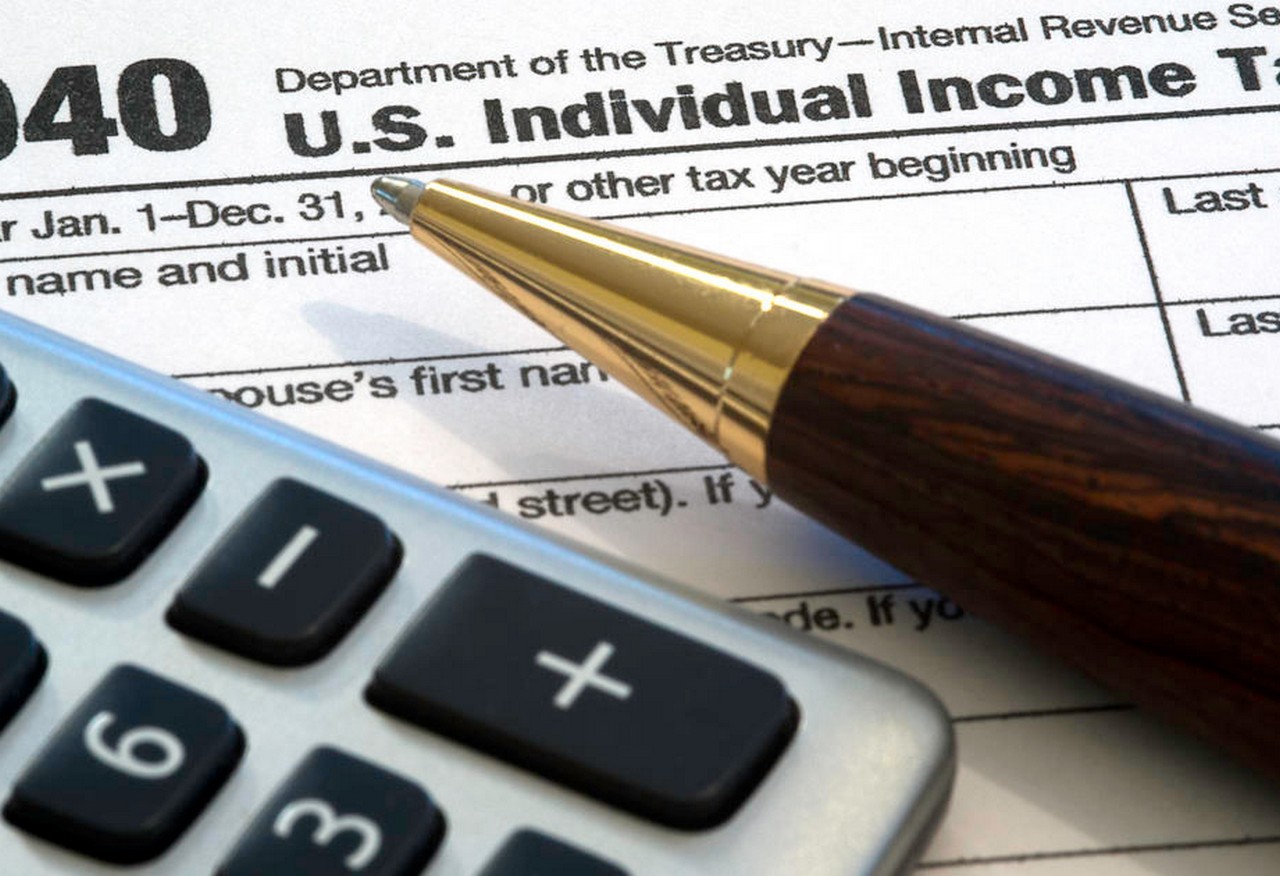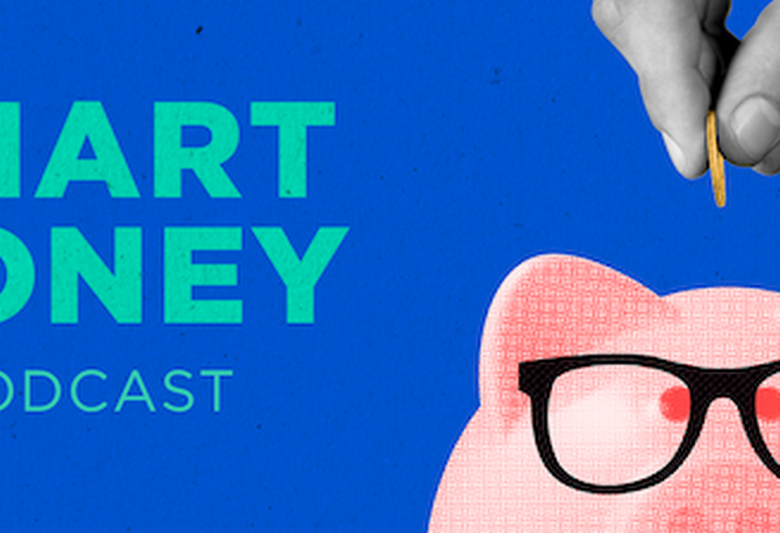Individuals are slipping ever deeper into hock. To manage, many individuals flip to debt consolidation loans, cash-out mortgage refinancing and retirement plan loans that promise reduction however might depart them worse off.
Paying off high-rate debt equivalent to bank cards with lower-rate loans could seem to be a no brainer. Sadly, many of those loans have hidden prices and disadvantages. And consolidation by itself can’t repair the issues that led to the debt within the first place. The truth is, such loans could make issues worse if debtors really feel freed as much as spend extra.
“Consolidating debt appears to create the psychological impact of creating you’re feeling such as you’ve zeroed it out,” says Moira Somers, monetary psychologist and writer of “Recommendation That Sticks.” “Then [borrowers] simply begin spending up once more, till there is no such thing as a extra wiggle room.”
Debt ranges are hitting new highs
Statistics present U.S. households are taking up report ranges of debt. Total family debt, together with mortgages, scholar loans and bank cards, hit a brand new excessive of $13.54 trillion on the finish of 2018, in accordance with the Federal Reserve Financial institution of New York. Bank card balances have returned to their 2008 peak, and severe delinquencies — accounts a minimum of 90 days overdue — are on the rise.
In the meantime, private loans, which are sometimes used to consolidate different debt, have change into the fastest-growing sort of debt, in accordance with credit score bureau Experian. One in 10 American adults now has a private mortgage, and the whole excellent private mortgage debt hit a report $291 billion in 2018.
Money-out mortgage refinancing has additionally made a comeback. With any such mortgage, debtors repay their current mortgage with a bigger one and get the distinction in money. Mortgage purchaser Freddie Mac experiences that cash-out debtors represented 83% of all typical refinance loans made within the fourth quarter of final yr, the best share because the third quarter of 2007. Forty p.c of those that cashed out their fairness used the cash to pay payments or different money owed.
Dangers can outweigh rewards
Money-out refinancing and different residence fairness borrowing are sometimes aggressively marketed nearly as good methods to deal with debt, however the drawbacks may be vital, says Diane Standaert, an govt vp with the Heart for Accountable Lending, a nonprofit that fights predatory lending. The loans drain away fairness that in any other case could possibly be used to construct wealth or cowl emergencies. Aid is commonly momentary, since many proceed to rack up debt. And the loans flip unsecured debt, which could possibly be worn out in chapter, into secured debt that not solely can’t be erased however might price debtors their properties.
“That’s extremely harmful,” Standaert says. “It places your own home prone to foreclosures.”
Retirement plan loans pose hazards as properly. When you don’t pay the cash again on time, the steadiness turns right into a withdrawal that triggers penalties and taxes — plus you lose all the long run tax-deferred returns that cash might have earned. One examine discovered 86% of the individuals who left their jobs with excellent 401(ok) loans wound up defaulting on the debt.
An unsecured private mortgage could possibly be a greater possibility if debtors are supplied decrease rates of interest and may get out of debt quicker. Sadly, scams and misleading advertising and marketing abound, Standaert says. Unwary debtors might wind up paying excessive charges or increased rates of interest and find yourself owing extra in the long term.
Typically, the very best answer isn’t a mortgage in any respect, says monetary literacy knowledgeable Barbara O’Neill, a professor at Rutgers College. Chopping bills and boosting revenue, maybe with a facet job, will help individuals make further funds to scale back their money owed.
If that isn’t doable, Standaert suggests calling your bank card corporations to ask if they provide hardship applications that would scale back your funds. Nonprofit credit score counselors, equivalent to these affiliated with the Nationwide Basis for Credit score Counseling, have debt administration plans that may decrease rates of interest on burdensome bank card debt. Really overwhelmed debtors ought to seek the advice of with a chapter legal professional, ideally earlier than they begin skipping funds, O’Neill says.
“That is an indication of misery, and you have to take motion earlier than you get to that time,” O’Neill says.
This text was written by NerdWallet and was initially printed by The Related Press.










